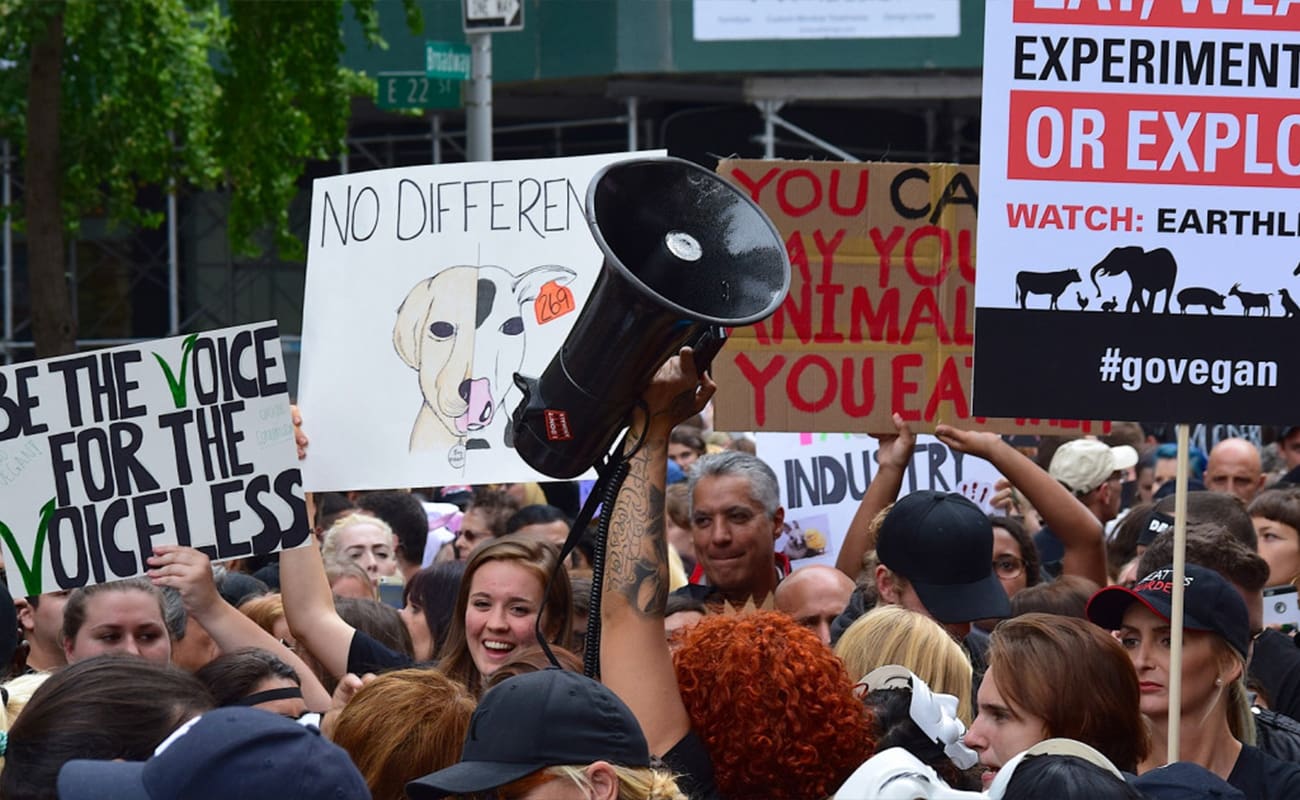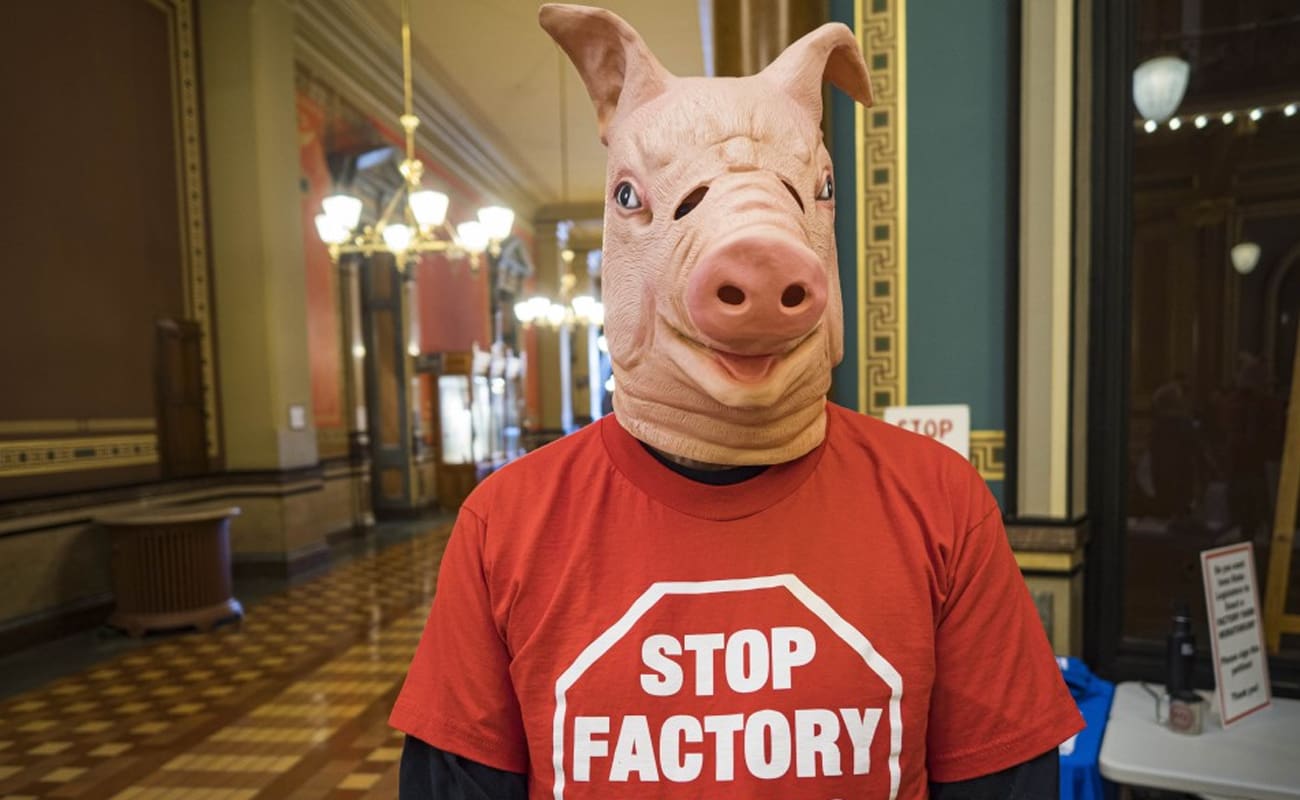This category examines how animals—feeling, thinking beings—are affected by the systems we build and the beliefs we uphold. Across industries and cultures, animals are treated not as individuals, but as units of production, entertainment, or research. Their emotional lives are ignored, their voices silenced. Through this section, we begin to unlearn those assumptions and rediscover animals as sentient lives: capable of affection, suffering, curiosity, and connection. It’s a reintroduction to the ones we’ve learned not to see.
The subcategories within this section provide a multi-layered view of how harm is normalized and institutionalized. Animal Sentience challenges us to recognize the inner lives of animals and the science that supports it. Animal Welfare and Rights questions our moral frameworks and highlights movements for reform and liberation. Factory Farming exposes one of the most brutal systems of mass animal exploitation—where efficiency overrides empathy. In Issues, we trace the many forms of cruelty embedded in human practices—from cages and chains to lab tests and slaughterhouses—revealing how deeply these injustices run.
Yet the purpose of this section is not only to expose cruelty—but to open a path toward compassion, responsibility, and change. When we acknowledge the sentience of animals and the systems that harm them, we also gain the power to choose differently. It’s an invitation to shift our perspective—from dominance to respect, from harm to harmony.
Factory farming is a well-hidden industry, shrouded in secrecy and preventing consumers from understanding the true extent of cruelty that occurs behind closed doors. The conditions in factory farms are often overcrowded, unsanitary, and inhumane, leading to immense suffering for the animals involved. Investigations and undercover footage have revealed shocking instances of animal abuse and neglect in factory farms. Animal rights advocates work tirelessly to expose the dark truth of factory farming and advocate for stricter regulations and animal welfare standards. Consumers have the power to make a difference by choosing to support ethical and sustainable farming practices instead of factory farming. Pigs in industrial farms often live in conditions that subject them to immense suffering due to stress, confinement, and the lack of basic needs. They are typically kept in overcrowded, barren spaces without proper bedding, ventilation, or room to exhibit natural behaviors like rooting, exploring, or socializing. These …


























































